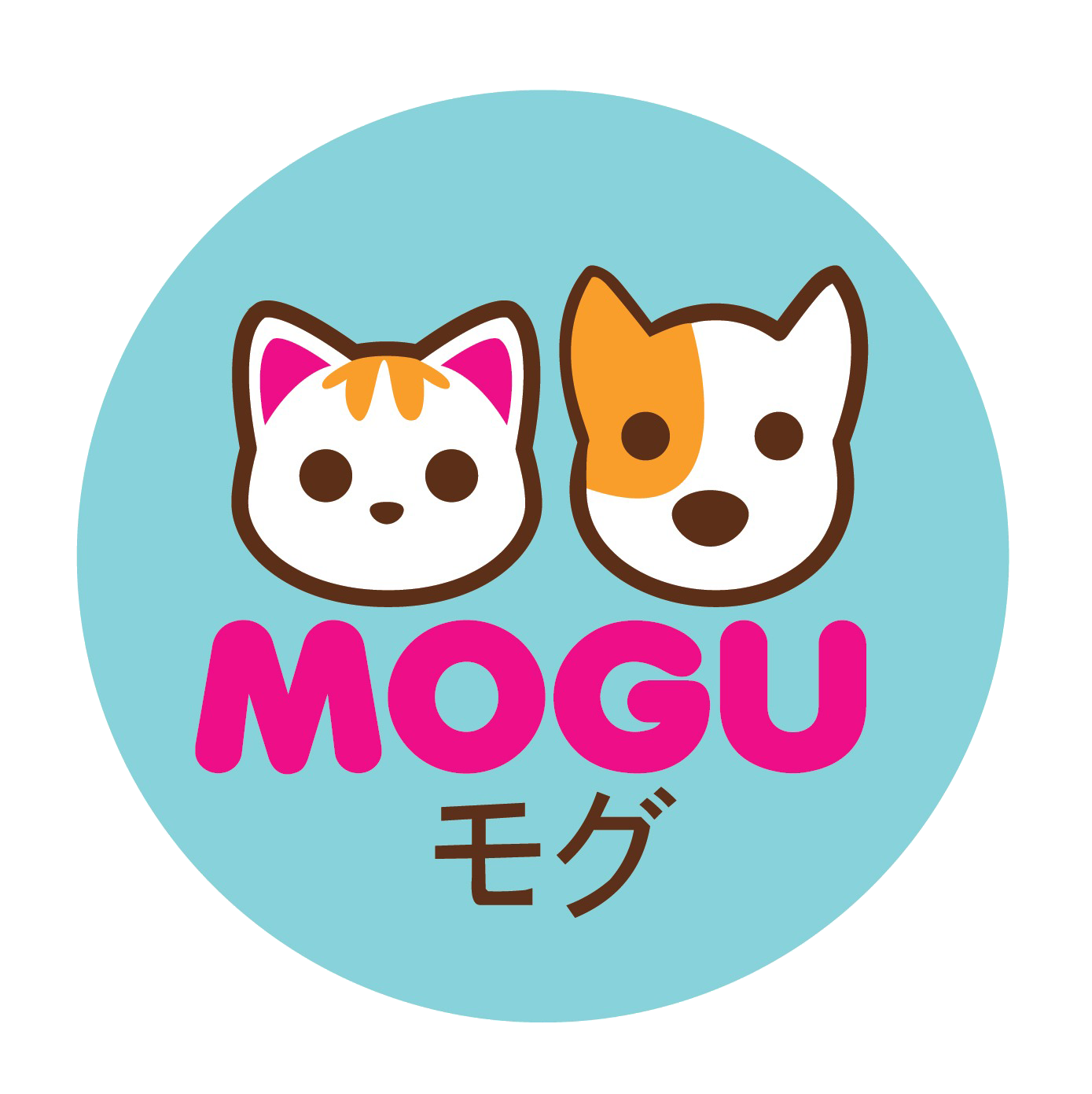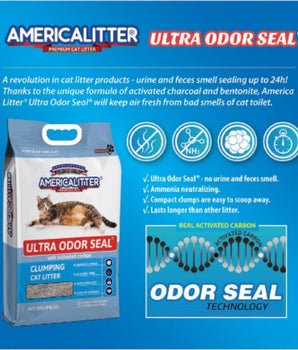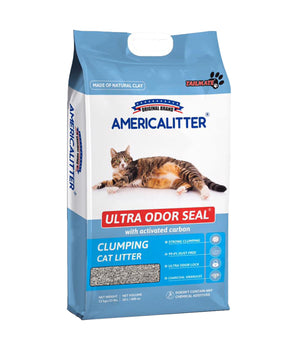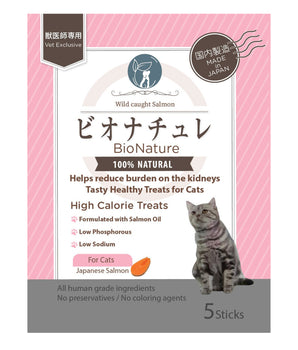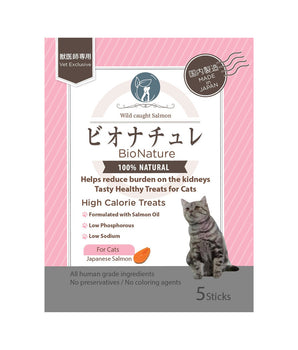When you first adopted your first dog, you took the time to research and speak with his veterinarian about dog nutritional requirements before choosing what you'd feed him. You know to never share table scraps with your pet, but do you know that as your dog ages, his nutritional needs will shift? A lifestage dog food will grow with your dog, but it's important that you understand what your furry family member needs from his puppy to senior years.
What Are Dog Nutritional Requirements?
Nutrients are substances that are obtained from food and used as a source of energy. Dogs love to play with their owners, and they need energy to do so! Nutrients are essential for an animal's growth, and can be considered maintenance tools to keep your dog in optimum health. Just as your car requires gasoline (and other types of maintenance) to run, your dog needs food to keep him going too.
There are different classes of nutrients that your dog needs in his diet: proteins, fats, carbohydrates, vitamins, minerals, and water. Choosing a balanced food that includes those nutrients is what will help young dogs grow and older dogs stay healthy.
Newborn Puppies
When dogs are first born and for the next several weeks, their complete nutrition comes from their mother's milk. However, if the mother is ill or dogs are orphaned, a commercial milk replacement will need to be given to the young pups. Your veterinarian can educate you on how to choose a replacement, as well as how to feed newborn puppies who do not get milk from their mother.
Eventually, they'll begin to wean from their mother's milk—or a replacement liquid—and begin to digest solids. To begin the weaning process, start removing the mother from her litter for short periods of time. While the mother is away, introduce them to puppy food in a dish. Gradually increase the amount of time the litter is exposed to their own food, be encouraging, but do not force the food on them.
Young Puppies
Once puppies are weaned, they'll get all of their nutrition from dog food, so be sure to choose something that's not only tasty, but healthy too. Puppies require and expend a lot of energy, so young dog nutritional requirements include increased protein to keep them fueled and feeling their best. Also, if possible puppies may require three to four smaller meals a day to start and then slowly transitioned to two larger meals per day. Talk to your vet about the best feeding regimen for your puppy to ensure he is getting his adequate daily nutrition.
Expect puppies to play with their food at first. While eating may start as a game, young dogs will enjoy the taste, and look forward to the flavors and sensations of chewing. It may help to slightly moisten dry food to get your dog comfortable chewing.
Adult Dogs
For most dogs, they reach their adult lifestage around their first year, so it is important to transition to an adult dog food. An adult dog's food is based on size and activity level. If you have any questions as to how much you should be feeding your dog, it's best to check with your vet, but never overfeed your furry friend. At this stage of life, dogs require nutrition for maintenance. So, an extremely active pet would have different nutritional needs from a less active lap dog. Also, a large dog requires more food in his diet than a small breed needs to ingest. Once you've chosen the type of food to offer to your dog,remember that other elements, such as temperature, will influence changes in your dog's diet. Extreme heat and cold will burn more of your dog's energy, and he'll need to make up for that in his diet. Also, an activity change, such as starting an exercise regimen, will change the amount or type of food you offer your pet.
Because adult dogs don't need the same nutrients to help them grow that puppies do, the best dog food for your adult dog is one that is specially formulated for his adult needs. For instance, Hill's™ Science Diet™ Adult Advanced Fitness is specifically formulated to meet the needs of an active adult dog. Continuing to feed your adult dog a puppy food once he's reached his full size can lead to weight issues, as puppy food tends to be rich in growth-based nutrients.
7+ Age Dogs
An often overlooked segment in a dog's lifestage cycle is his more mature years, those typically between seven and 12. While you're dog still has lots of life in him and probably doesn't have problems playing and exercising with you, you may notice that he is starting to slow down a little and his play sessions aren't as long as they used to be. Dogs are no different than humans in this regard. Just as we slow down with age, so do they, so it is vital to feed him a dog food that meets his mature adult needs. Because your dog has slowed down at this stage of his life, he needs more nutrients devoted to healthy organ, bone and muscle maintenance. A food formulated for his needs at this lifestage will keep him feeling young and active. Just because he slows down a little, doesn't mean it's a sign of the end; he still has lots of life and love left in him, he'll just need a diet that helps keep him feeling fit.
Even if your dog hasn't begun to slow down yet, his body is still in need of vital nutrients to keep him feeling young and active. Consider a food like Hill's™ Science Diet™ Youthful Vitality dog food, specially formulated to fight the effects of aging. Choosing the right nutrition can help increase his activity, interaction and mobility as he ages.
Youthful Vitality was created specifically more mature and senior dogs age 7+. If you're unsure where your dog is in his life cycle, check out this helpful information related to pet aging. Here you can compare your dog's age to human years, as well as better understand the signs of aging you need to watch out for as he ages. Talk to your vet to see if Hill's™ Science Diet™ Youthful Vitality would be a good choice for your dog.
Senior Dogs
A dog will reach his senior years typically around age 11, but again it can differ between size and breed of dog. Larger dogs tend to reach their senior years more quickly than smaller dogs due to the stress that is put on their body from being a large breed. As your dog ages, his body and nutrition needs will change once more. There will be metabolic and immunologic changes that require altering your dog's diet. Every dog differs, so be sure to ask your at your dog's annual checkup if he has reached or is approaching his senior years.
A senior dog food will be formulated to help maintain his normal body functions. Metabolism often slows down significantly, so senior dog's don't need that is food rich in calories. Problems with joints and mobility are also common among aging dogs, so Hill's makes food specially formulated for mobility to help promote strong bone and joint health. If you have any concerns about your dog's health as he ages, be sure to consult your veterinarian to help you select the best dog food to meet your senior dog's needs.
Addressing Special Needs
Remember, dog nutritional requirements can change at any point in your pet's life regardless of age, especially if something happens to change his diet, such as a vitamin or mineral deficiency or physical illness. If your vet recommends altering your pet's diet, make sure to follow their instructions, and always remember to gradually transition your dog from each dog food to avoid digestive problems.
Choosing Dog Food for Each Stage of Life
Don't forget to keep fresh clean water available to your dog, in addition to his food, at all times.
One more quick note about feeding your dog a nutritious diet. When you love your dog so much, it's easy to want to spoil him with treats and snacks. Just remember to share healthy dog treats, when training your pup. Dog treats shouldn't make up more than five percent of your dog's diet.
Deciding on what to feed your dog shouldn't be a difficult choice. If you need help to decide between the many choices available to you, first, narrow down the options to your dog's age group. Next, consult your vet for any nutritional considerations for your dog. The vet will consider your dog's breed, size and energy output when helping you make the choice. Consider Hill's™ Science Diet™, a full lifestage brand that will transition with your dog throughout every growth milestone.
